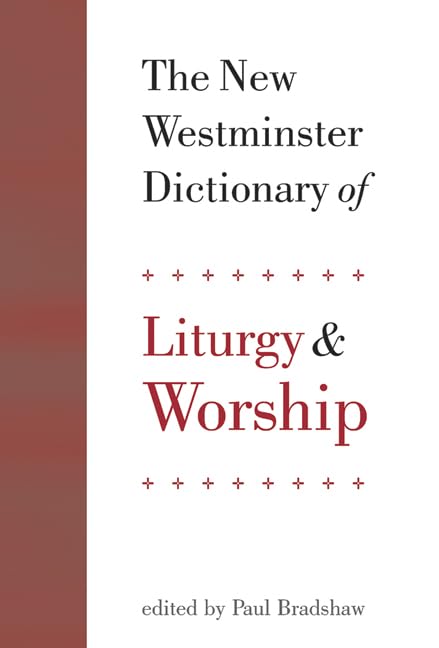From Triumphalism to Maturity: An exposition of 2 Corinthians 10–13
Written by Donald A. Carson Reviewed By R. E. DaviesA stream of books continues to issue from the pen (or typewriter!) of Dr D. A. Carson, Professor of New Testament, Trinity Evangelical Divinity School, Illinois, USA. This book is the third of a series of expositions which Dr Carson has produced—the previous two being on Mt. 5–7 and Jn. 14–17. After an initial chapter discussing his reasons for focusing on these chapters and giving the possibilities regarding the relationship of chapters 10–13 to the rest of 2 Corinthians, we then have the exposition of the teaching of these chapters divided into seven sections.
The writer is initially concerned to expound Paul’s own meaning in the light of the challenge to his authority at Corinth from the false apostles, but also is at pains to show the present-day significance and relevance of the Pauline teaching. His painstaking exegesis is based on sound biblical scholarship, but can be easily understood by any thinking Christian. The exposition is clearly based on a detailed knowledge of the Greek text, but he uses the New International Version as the basis for his comments.
The title of the book indicates the basic thrust of Paul’s argument as he sees it, and is also the message which is relevant for us today. He considers that the problem of boasting lies at the root of the challenge to Paul, as his opponents claimed superior gifts and success. Dr Carson applies this to much of the evangelical scene today, and feels that Paul’s boasting in his sufferings rather than in his successes is a necessary antidote. Dr Carson does not explicitly name modern-day triumphalists, and readers in different situations will feel that his remarks are applicable in various areas. Certainly, as the present reviewer was reading this book alongside another, Restoring the Kingdom—the radical Christianity of the House Church Movement by Andrew Walker, he wondered if there was a certain relevance in Dr Carson’s comments to this part of the British scene. The writer also warns us against the root of pride in our own ministries, and this is something each of us needs to heed.
The reviewer found this a very challenging and helpful book—a model of how exposition should be done. The message of the book too, he feels, is a relevant one. As far as British students are concerned, it appears that this book is, apparently, not readily available. A number of agencies stock Baker Book House publications, but none apparently stocks Dr Carson’s expositions.
R. E. Davies
All Nations Christian College, Ware







